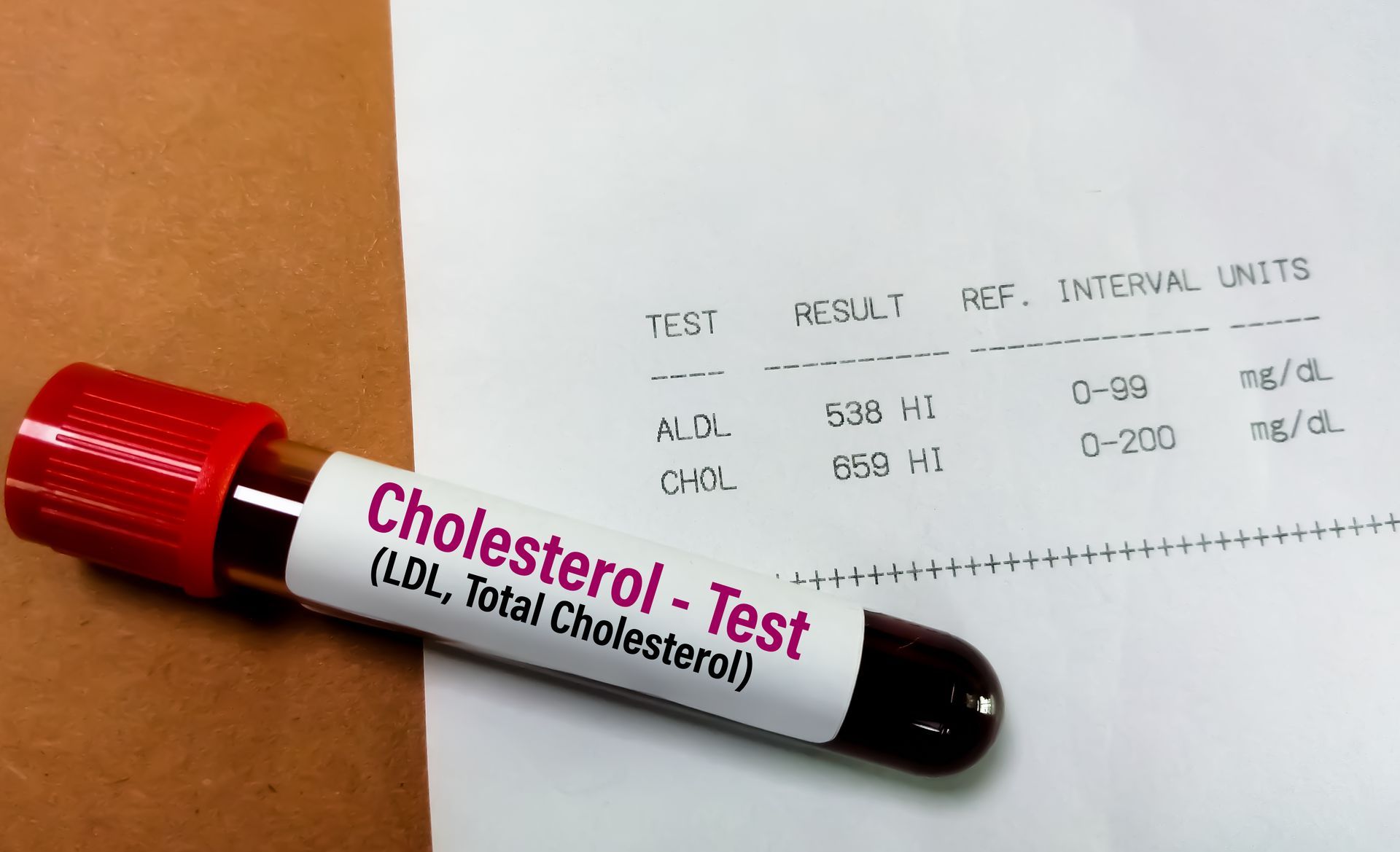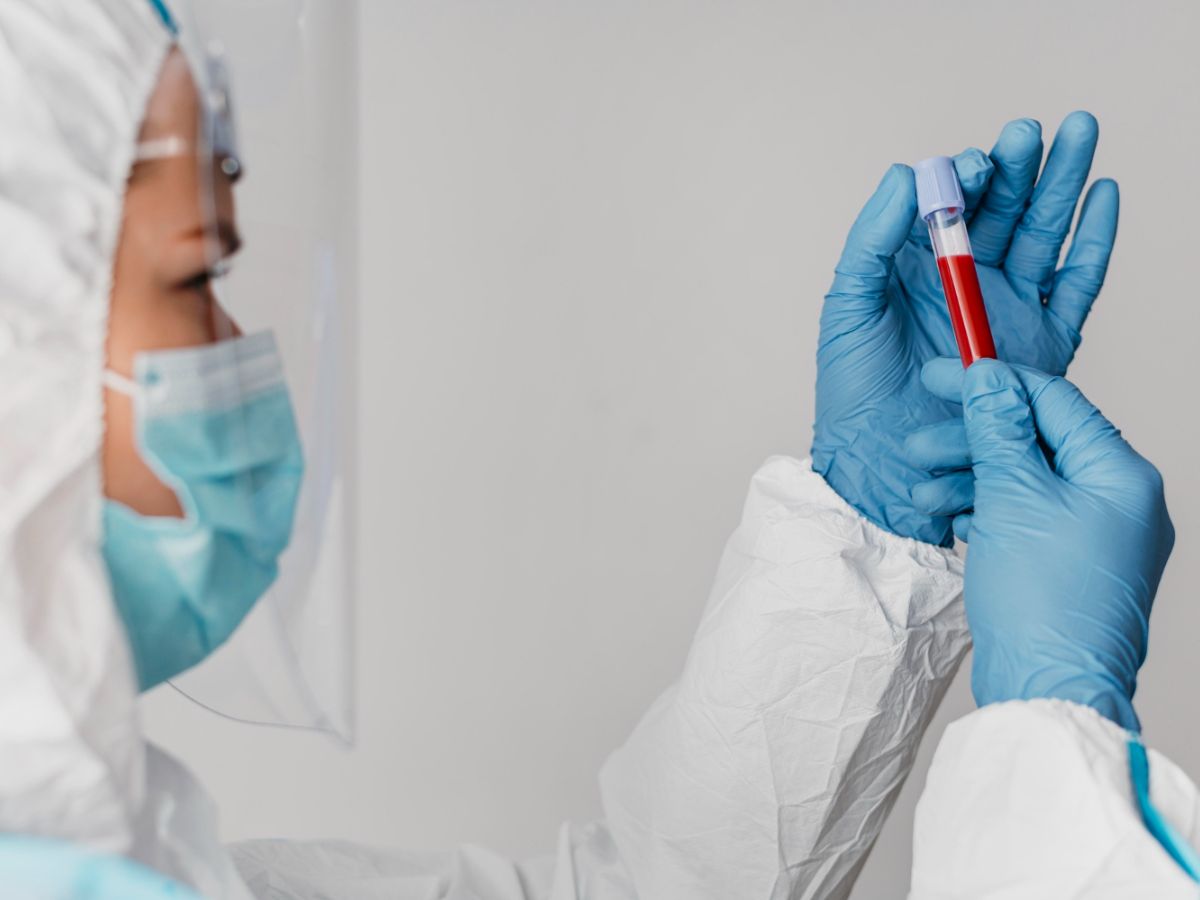Our Location
Elige tu idioma:
Top Important Health Screenings for Men

What is Health Screening?
Health screening for men is essential even if they feel healthy and strong. The purpose of these visits is to:
- Screen for health issues
- Encourage to live healthily
- Assess risk for future diseases
- Update vaccinations
This article aims to encourage essential health screening for men.
Best Health Screening for Men
Even if you feel fine, you should have regular checkups with your health care providers. Here are types of health screening that men should regularly have.
Blood Pressure Screening
Your blood pressure is high if the measure is over 120/80 mm Hg. If the reading is high, your doctor will require two readings taken four hours apart. If the result is still high, the doctor will prescribe medication to control it to avoid kidney disease, heart disease, and stroke.
If your blood pressure is normal, your doctor may only require you to check your blood pressure every two years.
Diabetes
A blood pressure measurement of over 135/80 mm Hg can signify a high glucose level. A body mass index of 25 can also mean that you are overweight. Being overweight, you are at increased risk of diabetes.
Tests for diabetes may include a hemoglobin A1C blood test, oral glucose tolerance test, or plasma glucose test.
A single test is not enough to confirm that your blood sugar is high. A second confirmatory test is required to diagnose high blood sugar levels.
Skin Check
Men with a family history of skin cancer are at a higher risk of skin cancer. It is essential to visit your dermatologist to have a regular skin checked. Men should also closely watch the birthmarks and moles; since they can become cancerous. You should report to your doctor any changes that you observe.
Cholesterol
Doctors often require men at age 35 to have their cholesterol levels screened. A cholesterol test is repeated every five years if you are not at high risk. However, you should repeat the test more often if you have sudden changes in your lifestyle, like weight gain.
If you already have diabetes, kidney disease, or other serious health condition, your doctor may request that you undergo cholesterol screening more often.
Colorectal Cancer Screening
Men with ages 45 and above should request to have colorectal cancer screening. Colorectal screening is necessary if you have a family history of polyps or colon cancer. An inflammatory bowel disease, ulcerative colitis, and polyps also put you at risk of colon cancer.
Colorectal cancer screening tests include:
- Stool-based fecal occult blood test every year.
- Fecal immunochemical test once a year.
- Sigmoidoscopy every 5-10 years
- Colonoscopy every ten years.
Prostate Cancer Screening
Prostate cancer is one of the most common types of cancer in men. That is why men are encouraged to have prostate cancer screening. The prostate-specific antigen or PSA blood test is the best method to detect prostate cancer.
Men above 50 years old are recommended to have a PSA screening test yearly. However, if your family has a history of prostate cancer, as early as 40 years of age, you are required to undergo a PSA test.
Your risk factors for prostate cancer increases if:
- You have a family history of prostate cancer, especially if you have a father or brother
- You are an African-American
Echocardiogram Tests
Cardiovascular problems are often caught early with blood pressure monitoring and cholesterol testing. But if you have a family history of cardiac disease, then blood pressure monitoring is not enough. Especially if your cholesterol tests show elevated results, your doctor may ask you to undergo an echocardiogram or stress tests to determine if there is significant heart damage.
Liver Enzyme Test
A liver enzyme test is also another screening test that men should take. This screening test looks for the damage to the liver. The liver can become damaged for different reasons, but commonly alcohol damages the liver. Too much consumption of alcohol can lead to long-term liver damage.
Other causes of liver damage are too much intake of over-the-counter medications, obesity, inflammatory disorders, and thyroid disease.
Lung Cancer Screenings
Lung cancer is not just found in people who smoke. It is also detected in people with a predisposition to developing it, while in other cases, its diagnosed in those exposed to secondhand smoke.
You should undergo lung cancer screening if you are:
- Currently smoking or have quit smoking within the past fifteen years
- You have a 20-pack-a-year smoking history
The lung cancer screening test is a low-dose computed tomography. A chest X-ray is not recommended as a screening tool.
TSH Test
The thyroid is essential in every cell of the body. It is responsible for releasing hormones that are needed for regulating metabolism. Changes in the thyroid glands may have a significant impact on your life. Any abnormality in the thyroid may result in weight gain, exhaustion, or lethargy.
Your doctor may order a stimulating thyroid hormone (TSH) blood test to determine if your thyroid gland is functioning well.
Suppose the TSH blood test shows that your thyroid is underactive or overactive. Your doctor will prescribe medications.
Take These Important Screenings at Ocana Medical
These essential men's preventive screenings aim to test possible health conditions. Here at Ocana Medical, we have complete preventive screening tests and expert trained health care providers to guide you through the process.
Call us today to schedule an appointment.
Ocana Medical, located in Tampa, FL, aims to bring you as much information as possible to keep you healthy. We're in this together. #ocanacares
“Respect. Compassion. Quality. Integrity. These are the values on which Ocana Medical Center was built. Our aim isn’t just to treat you today. We hope to earn your trust and be your healthcare provider for life.”
©2023 Ocana Medical Group, Inc.
USEFUL LINKS
GET IN TOUCH
Call Us Today
Send us Email
Our Location
Ocana Medical Center | All Rights Reserved.












